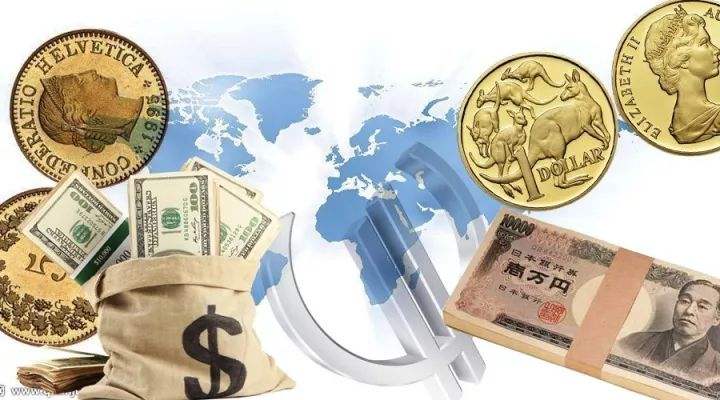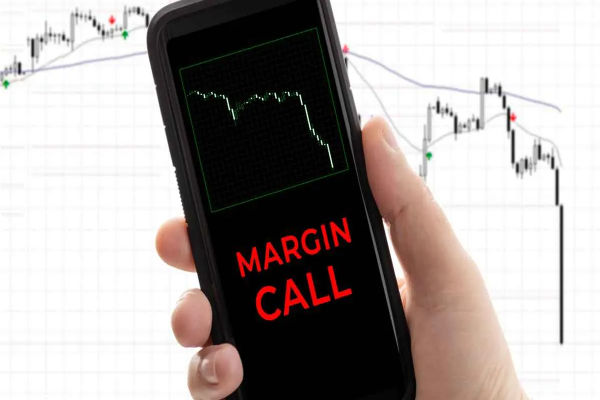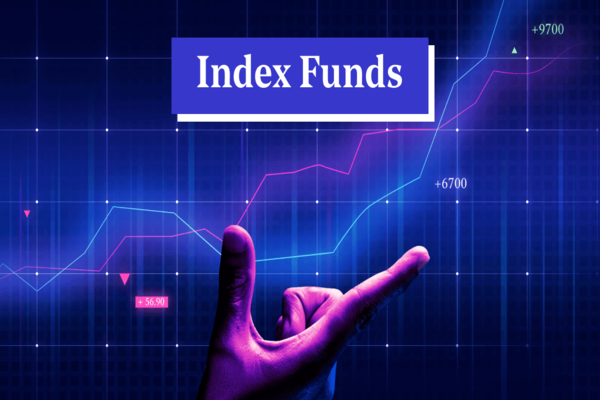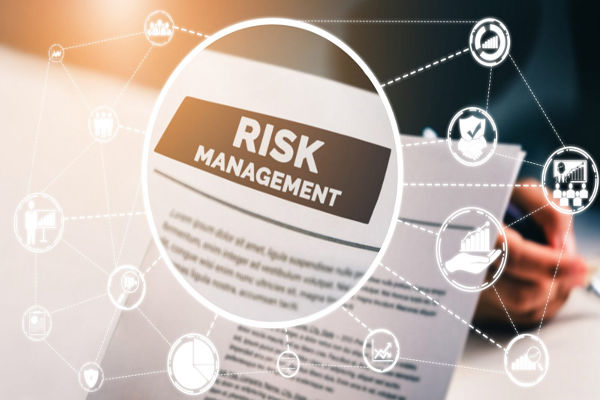The forex market is a huge global market, and no one knows its
entirety because, as a participant in forex trading, you can be
anywhere in the world without a fixed location or time. However, what are the
main components of the forex market, and what are the decisive roles
each component plays in the forex market?

The forex market is one of the largest and most liquid financial
markets in the world, consisting of multiple components. The following are
several important components of the forex market:
1. Interbank Market
The interbank market is the core of the foreign exchange market, also known
as the international forex market. In this market, major banks engage
in transactions, including transactions in various major
forex pairs, such as US dollars/euros, US dollars/yen, etc. This market has
high liquidity and huge trading volume, and its operation plays a crucial role
in the stability and liquidity of the global forex market.
2. Retail Forex Market
The retail forex market refers to the market where individuals and
small investors engage in trading. These transactions are
usually conducted through forex brokers or trading platforms rather
than directly participating in the interbank market. The retail market is relatively small in scale but also has a certain level of trading
activity.
3. Futures Market
The forex futures market refers to the market where transactions are conducted in a standardized contractual form. In this
market, investors can trade by purchasing or selling foreign exchange contracts
at a certain point in the future. The forex futures market provides
tools for hedging risks and allows investors to engage in leveraged trading.
4. Option Market
The forex option market refers to the market where investors can
purchase or sell option contracts. Forex options are
a type of derivative that gives holders the right to buy or sell forex at a specific price at a future point in time, rather than an
obligation. The forex options market provides opportunities to hedge
risks, gain leverage, and develop flexible trading strategies.
5. Foreign Exchange
Some countries have established specialized foreign exchange aimed at providing a safe and transparent trading environment. On these exchanges, various participants can engage in forex trading to ensure fair and standardized market operations.
These different parts are interconnected, forming the diversity and
complexity of the global foreign exchange market. Through these components,
market participants can engage in foreign exchange trading, hedge risks,
generate profits, and gain opportunities for liquidity and price discovery in
the global foreign exchange market.
The foreign exchange market is mainly composed of the following
components:
1. Central Bank
The central bank of various countries are one of the main participants in
the foreign exchange market. The central bank is responsible for managing the
country's monetary policy and foreign exchange reserves and can engage in
forex trading to influence the exchange rate of the domestic
currency. The central bank calms exchange rate fluctuations, maintains financial
stability, and promotes economic growth through Currency intervention.
2. Commercial Banks
Commercial banks are important participants in the foreign exchange market.
They provide customers with forex trading services, including spot
trading, forward trading, and derivative trading. Commercial
banks can also engage in proprietary transactions to obtain profits.
3. Investment Bank
Investment banks play an important role in the foreign exchange market. They
provide forex transactions and advisory services to clients,
including transaction execution and trading strategy advice.
Investment banks also participate in liquidity provision and arbitrage trading
in the forex market.
4. Forex Brokers
Brokers are important channels for individuals and small
institutions to conduct forex transactions. They provide forex trading platforms for customers to trade and related services such as
market analysis and trading tools.
5. Hedge Funds and Institutional Investors
Hedge funds and institutional investors participate on a large scale in the
forex market, earning profits or investment returns through trading. Hedge funds and institutional investors typically have large
amounts of funds and professional trading teams, are sensitive to market
fluctuations, and have a significant impact on the liquidity and price formation
of the forex market.
In addition to the above institutions, other participants such as
multinational corporations, individual investors, Securities companies, etc.
also play important roles in the market. These different
institutions jointly participate in forex trading, forming the
activity and liquidity of the global forex market.







